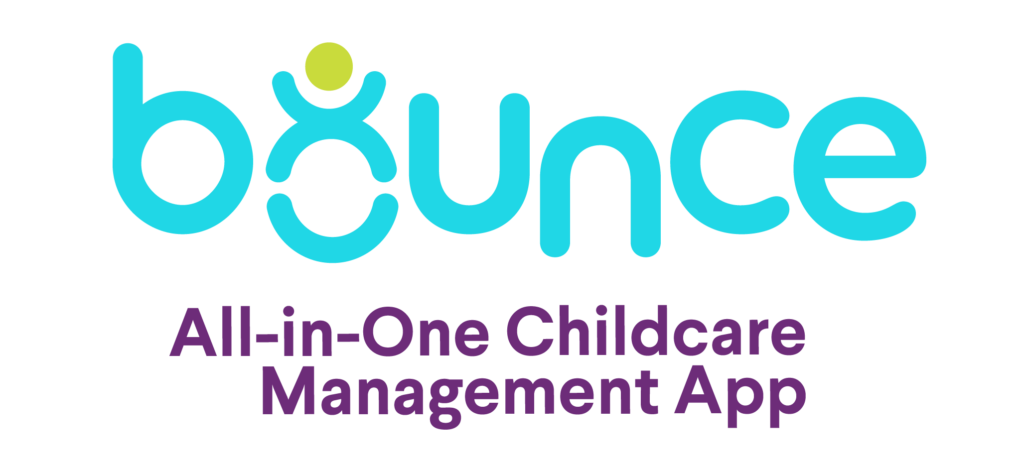The parent-teacher relationship is essential to a child’s success, and parent-teacher meetings and conferences are integral to that relationship. Parent and teacher conferences are typically held once or twice a year; however, special circumstances such as behavioral or developmental concerns may require special meetings to be held throughout the year.
What you discuss at a parent-teacher meeting will depend on why the conference is being held. However, a teacher should generally discuss the child’s social-emotional, physical, and academic progress. Therefore, teachers must be knowledgeable about age-appropriate developmental milestones.
Streamline Your Preschool Operations! Book Your Personalized FREE Demo
Social-Emotional Development
A child’s social-emotional development includes making friends, getting along with others, engaging in conversations, responding to and following directions, and controlling and understanding their emotions.
Teachers should highlight a child’s strengths when it comes to interacting with peers, their ability to share and discuss how the child handles their emotions when stressed or upset, and mention any possible tools parents can use at home.
Physical Development
Physical development changes and progresses quickly in babies and young children. Physical development includes gross and fine motor skills, hand-eye coordination, eyesight, hearing, and some aspects of language development.
While, as a teacher, you cannot diagnose any physical conditions or delays, you should be able to spot the warning signs of physical delays or concerns.
Academic Progress
During the early years of a child’s development, academic progress should be the least important concern parents, and teachers have; however, some parents are very interested in how their child is progressing academically.
If parents are overly concerned about their child’s academic progress, emphasize that a child’s social-emotional well-being must progress for a child to focus on academics—children who do not feel emotionally or physically safe struggle to learn and retain information.
Academic progress includes learning letters, numbers, colors, shapes, patterns, and some aspects of language and cognitive development.
Anecdotal Notes & Observations
To have a successful parent-teacher meeting, teachers must keep detailed anecdotal notes from observations that occur regularly during different activities and times of the day. Notes and observations should have times and dates included. Teachers should use both written notes and pre-made developmental checklists.
Anecdotal notes should remain free of opinion or bias. For example, notes shared with parents should not include other children’s names unless mentioning friendships or peers the child plays with regularly. In addition, teachers should not assign emotions or the cause of behaviors when writing notes; instead, they should simply write what is observed.
- Incorrect: Shea took the car from Jonah. Jonah was mad and cried because he was upset.
- Correct: Another child took the car from Jonah; Jonah then hit the child and cried.
Developmental & Behavioral Concerns
Anecdotal notes and observations are the best way to notice trends and potential developmental delays. Although you cannot diagnose developmental or medical conditions, teachers should know the signs and symptoms of autism, ADHD, dyslexia, sensory processing issues, speech delays, and physical delays.
When you have observed a child and have reason to suspect a developmental delay or condition, your notes and observations are crucial to your parent-teacher meeting.
When a child is exhibiting behavioral issues in the classroom, you may need to call a meeting with the parents. You should also discuss plans to address the problem, and possible causes, such as changes at home, learning disabilities, oh physical ailments such as hearing struggles or low muscle tone that could inhibit a child’s ability to learn.
Teachers need to approach parent-teacher meetings with a positive, helpful tone. Start the meeting by saying something positive about their child. Bring up any concerns in the middle of the meeting, and end by mentioning something else positive about their child.
Parents may resist negative or concerning comments about their child and push back. Teachers must remain calm and respectful and maintain the tone and message that they are there to help and benefit the child.











